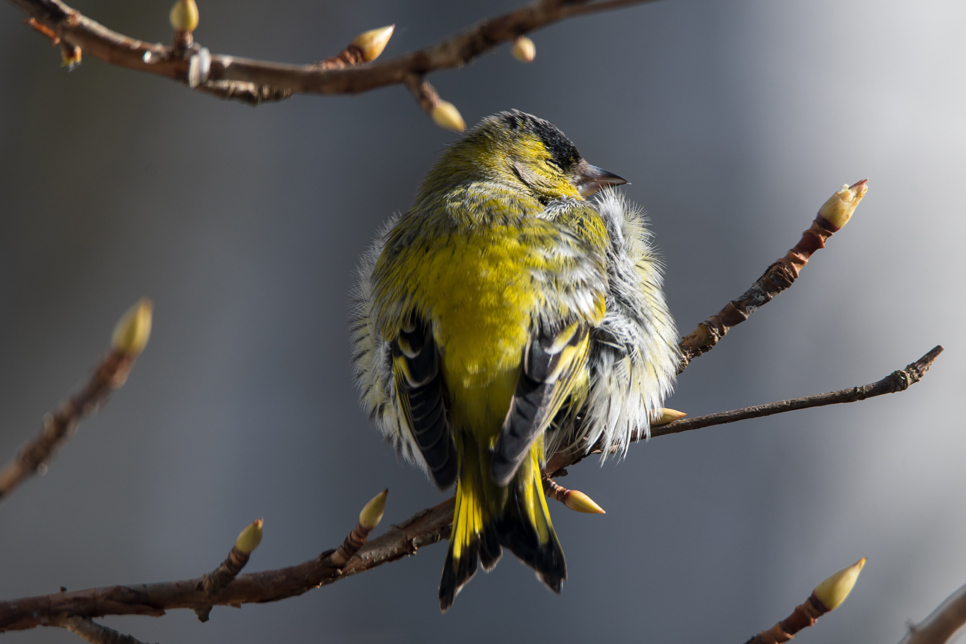Wildlife sightings for 15th April 2013
2 Common Tern - circling high over main lake a.m.
3 Redshank - main lake, scrape
1 Ring Ouzel - scrape bank (E bank) near to Scrape Hide
4 Wheatear - marsh
1 Yellow Wagtail - marsh
4 Linnet - flew E
4 Swallow - feeding ove reedbed
12 Willow Warbler - all across the reserve
10+ Chiffchaff - wildside, south route, sheltered lagoon
To allow the sand martins to establish their nests the nest bank will be closed from April 17. It will reopen, probably towards the end of May, once the chicks are being fed. The birds can still be observed entering and leaving the bank from the Peacock Tower or the Wader Scrape Hide.
Recent bird highlights: Bittern, Little Egret, Peregrine, Buzzard, Shelduck, Garganey, Jack Snipe, Ringed Plover, Little Ringed Plover, Redshank, Oystercatcher, Mediterranean Gull, Little Gull, Yellow Wagtail, Wheatear, Black Redstart, Bearded Tit, Stonechat, Water Pipit, Rock Pipit, Ring Ouzel.
During March there were still 3 Bitterns on the reserve, with a single bird present at the start of April.
Regular Bearded Tit sightings continue with one or two birds being spotted among the tall Purple Loosestrife on the marsh, or in the main reedbed.
Wader passage is very good at present with recent sightings of Black-tailed Godwit, Dunlin, Redshank, Ringed Plover and Little Ringed Plover finally signalling the start of spring. Other spring arrivals have included Wheatear, Chiffchaff, Willow Warbler, Blackcap, Ring Ouzel, Swallow, House Martin and Sand Martin.
Many of the winter birds are moving away with changing numbers of Fieldfare, Shoveler, Teal, Gadwall and Wigeon.
Butterflies: Brimstone (5th), Comma(7th), Peacock(14th), Painted Lady(14th), Bee-fly.
Reptiles: Several Common Lizards have been seen on log piles on the South Route, and also at the base of the Dulverton hide. Slow Worms are starting to appear below the survey tins. Our first 4 Grass Snakes of the year was seen near the summer route on the 14th.
Flowering plants: Cowslip, Marsh Marigold, Snowdrops, Crocus, Blackthorn, Daffodil, Red Dead Nettle, Hazel and Silver Birch catkins.
Water Voles: best place to see one would be one of the ponds near the Pond Zone building or ‘Down the Sewer’ exhibit. Also the ponds as you enter the wildside area from world wetlands – there’s plenty of feeding activity here.



